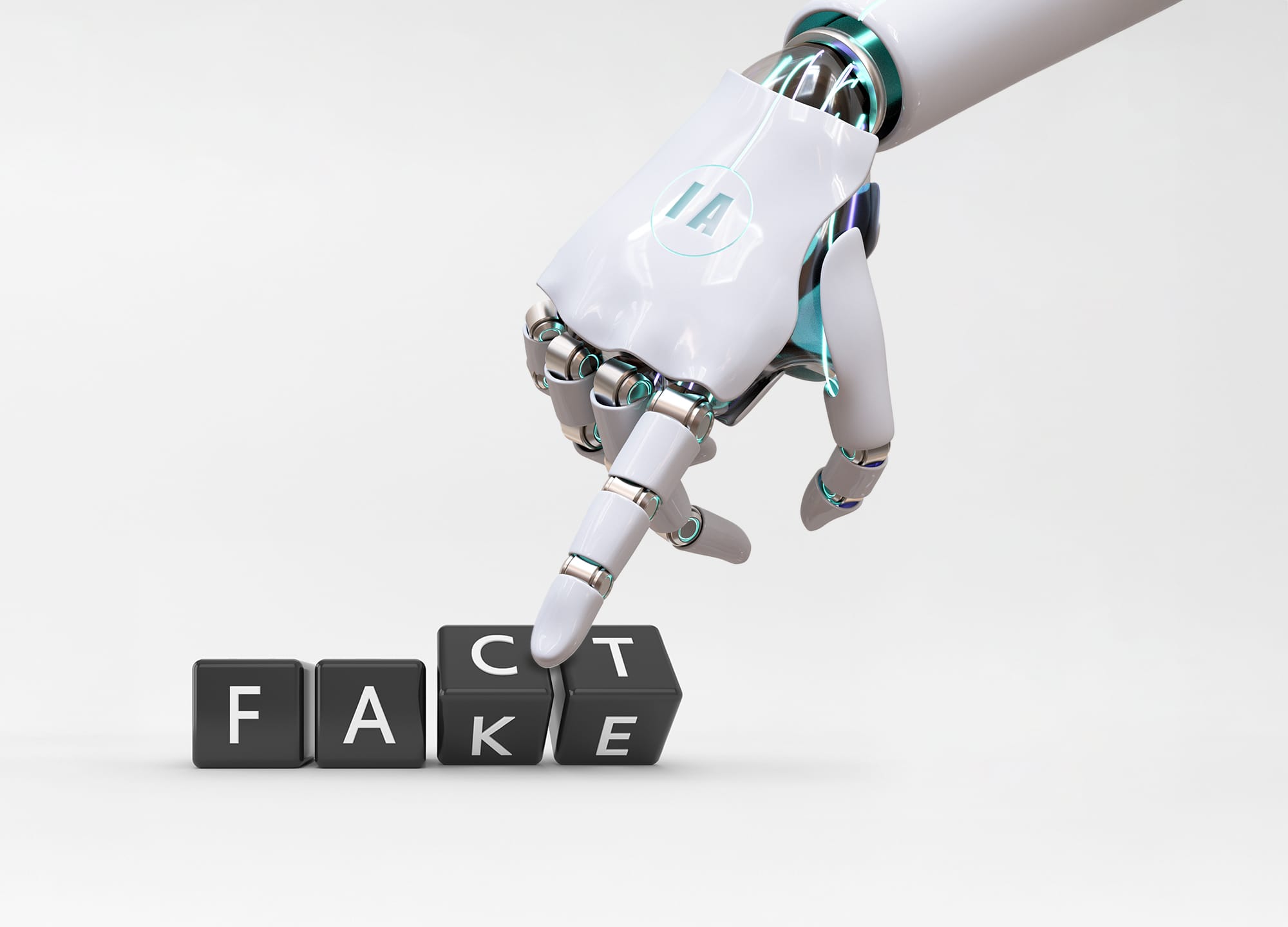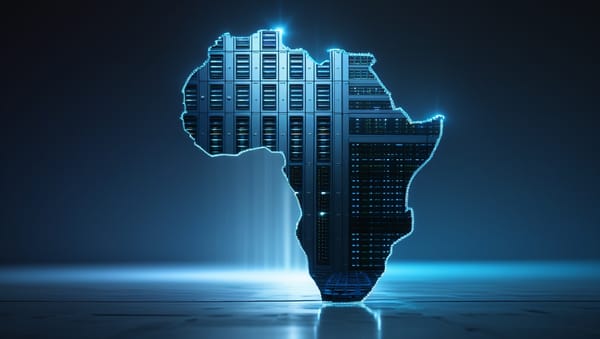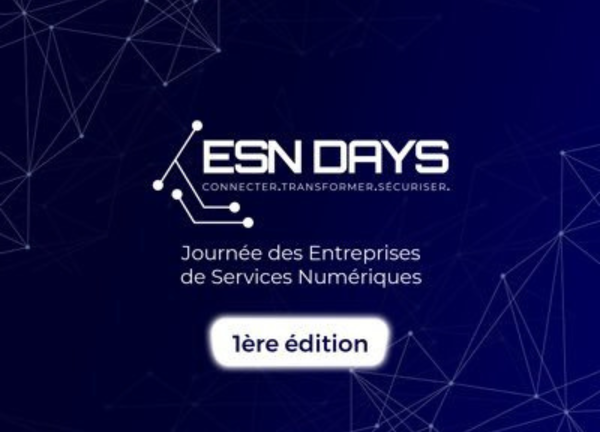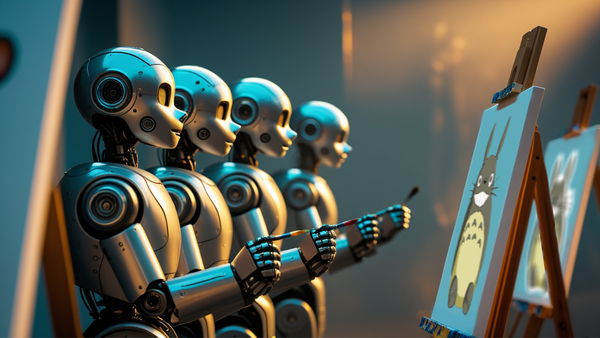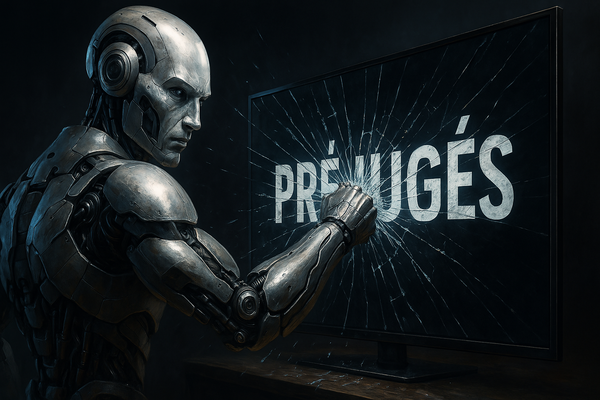By Kosisochakwu Charity Ani
The electoral season often creates a heavy atmosphere of tensions and unpredictability. The different stakeholders then engaged in a fierce struggle to dominate the public story. Emotional speeches are deployed to influence opinion and guide the choices of voters. The unique nature of the polls, combined with the omnipresence of social networks, offers a terrain conducive to the proliferation of disinformation, resulting in confusion, divisions and skepticism with regard to the democratic process. To deal with this phenomenon, it is essential to understand how false information is part of the electoral process.
Around the world, the electoral periods are marked by an overbidding of propaganda and more or less doubtful strategies: disinformation, sabotage, blackmail, and sometimes even violence. It is not for nothing that it is said that "politics is a dirty game". Between 2022 and 2024, the African elections experienced a new wave of disinformation, fueled by artificial intelligence (AI), especially in the form of Deepfakes . These synthetic content seriously threatens democratic processes by reshaping perceptions, especially in rural areas where digital culture remains limited. They are used to manipulate public opinion, discredit political figures and sow confusion among voters. The use of AI in political campaigns does not constitute a simple technological evolution: it is a deep transformation which shakes the very foundations of democracy in Africa.
Why is Africa vulnerable?
According to the 2024 report on the global risks of the World Economic Forum, disinformation and mesinformation are among the most serious overall risks for the next two years, and the fifths over the next ten years. The report stresses that the presence of false information in the electoral processes can seriously compromise the legitimacy, both real and perceived, of newly elected governments. The result is an increased risk of political disorders, violence, terrorism and a progressive degradation of long -term democratic institutions.
Although Deepfakes can be used for legitimate creative purposes, they are increasingly used as disinformation tools in political arenas. These contents make it possible to superimpose the faces of politicians on other bodies or to generate completely fictitious videos and audio recordings, making the distinction between truth and lie particularly difficult for voters.
African democracies are particularly exposed to this threat due to several factors: a strong use of social networks, a low digital culture, and a regulatory framework that is still insufficient concerning the synthetic media. Political campaigns massively exploit digital tools; However, in the absence of adequate control and sufficient public awareness of the public, disinformation can spread there on a large scale. In addition, Deepfakes exploit existing political tensions and instrumentalize societal issues to stir up divisions.
Examples of disinformation by AI in African elections and political space (2022-2024)
Kenya (2022 general elections)
According to a survey by the Reuters Institute , 75 % of information consumers in Kenya fail to distinguish real information from online false. Videos generated by AI have shown politicians making incendiary remarks, thereafter denied the interested parties - but not without having sown confusion among the voters.
A false article shared on Facebook claimed that the IEBC had mistakenly added 9,200 votes to Raila Odonga. The tension was such that Nation Africa , supposedly author of the article, had to officially deny any involvement.
In addition, an authentic interview with Rigathi Gachagua was diverted. Broadcast with a false English translation, she seemed to show it saying: "We are going to kill [Safaricom] and redistribute money to citizens. "In reality, he said:" If we redistribute the gains of a large company like Safaricom for the benefit of many small businesses, the overall tax income will be multiplied. This manipulation demonstrates how deceived images, videos and legends can shape the opinion of voters.
Nigeria (2019 and 2023 presidential elections)
During the Nigerian elections, several fake videos and images circulated, wrongly affirming that some candidates had foreign support. A video showing Hollywood stars supporting Peter Obi was then denied: it was indeed a content generated by IA.
In 2019, false messages claimed that the LGBTQ movement of Nigeria supported Atiku Abubakar, in order to discredit the latter with a conservative electorator. A rigged screenshot of a parodic tweet claimed that he intended to legalize homosexual marriage in his first 12 weeks of mandate. The objective: to ruin his chances in the north of the country.
During the 2023 presidential election, a rumor claimed that former president Olusegun Obasanjo had burst into the Inec seat to prevent fraud. Qosim Suleiman, a journalist on the scene, confirmed that this information was false and supported his statements with photographic evidence. An inverted image search also revealed that one of the photos used actually came from an old meeting between Atiku and Obasanjo.
Other false accusations circulated: a minister would have had access to the results before their official publication, and a photo showing the president elected welding the president of the Supreme Court toured the social networks.
Another example: a viral tweet from Lauretta Onochie, presidential advisor, claimed that Autiku Abubakar distributed money and food to buy votes. The associated photo actually dated from 2017 and came from a charity of the Kokun Foundation.
South Africa (2024 elections)
During the 2024 South African elections, a Deepfake Umkhonto We Sizwe (MK) party This very viral content has deceived many voters. According to a study by Nehring and Allen, it is the most shared IA content during this ballot - and it was not the first time that Deepfakes accompanied power transitions.
Ghana (2024 general elections)
In Ghana, a falsified video showed the vice-president Mahamudu Bawumia singing a Chinese song. Many citizens believed in its authenticity.
Another striking case: a video showing Dr. Matthew Opempeh, candidate for vice-president, promising to restore excavators confiscated to illegal mining operators. This clip sparked a keen debate, in a country where the fight against Galamsey (illegal mining extraction) is a crucial question. Despite the rapid denial of the campaign team, the video continued to circulate.
Another Deepfake , allegedly from a documentary from Al Jazeera, suggested that a chiefdom conflict in Bawku could degenerate into a genocide if Bawumia was elected. The narration, generated by IA to arouse fear, was later discredited.
Finally, false information, imitating renowned media, was massively disseminated. Some political leaders contributed to this confusion by describing news verified as " fake news ", more blurring the border between the true and the false.
Fight threat
Disinformation is not content to erode public confidence: it also fuels violence that can cause human and material losses.
The disinformation generated by AI - in particular via Deepfakes - has heavy threats weigh on African democracy. It is not limited to rigged videos or manipulated images: it also manifests itself through false claims on the achievements of candidates, fraudulent websites, periodic accounts, bots, remunerated influencers and even government representatives.
Faced with the proliferation of these techniques, it is urgent to deploy global strategies to protect the integrity of democratic processes. This goes through:
- investments in detection technologies;
- reinforced awareness of the public;
- The adoption of robust regulations capable of adapting to the scalable challenges posed by the synthetic media.
Protecting African democracies against disinformation generated by AI is an imperative to guarantee free, fair and credible elections.

